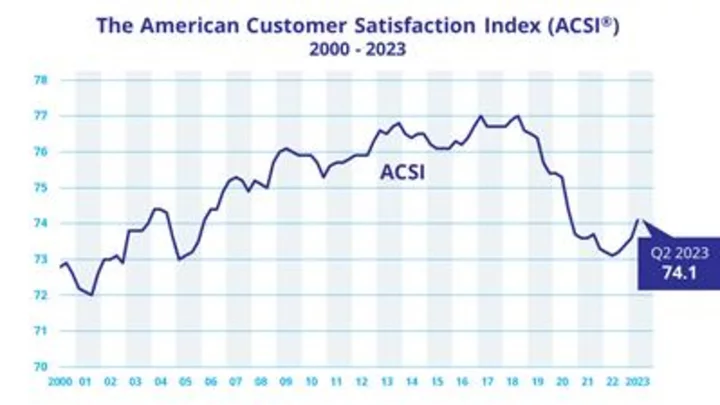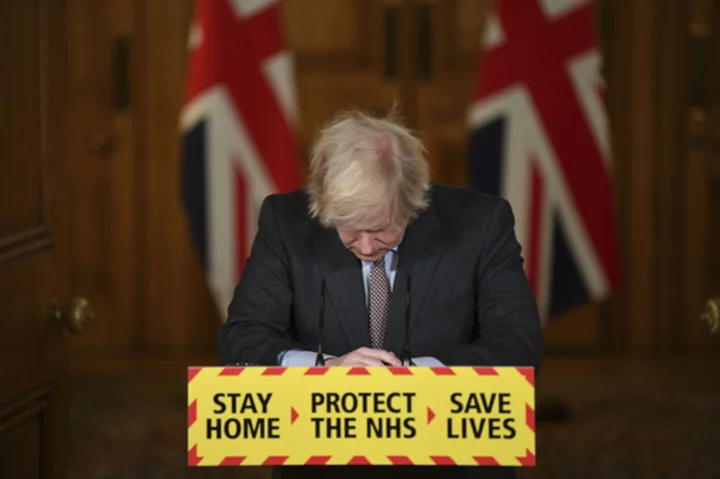Russia's weekly consumer prices rose marginally in the period to May 15, state statistics service Rosstat said on Wednesday, steadying in the two weeks since the Bank of Russia opted to hold its key interest rate at 7.5%.
Double-digit annual inflation hit Russia last year soon after it sent its armed forces into Ukraine on Feb. 24, 2022, eliciting sweeping Western sanctions. Annual inflation has dropped below the central bank's 4% target in recent weeks due to that high base effect.
Consumer prices rose 0.04% from May 11-15, Rosstat said, compared with a 0.00% hold the previous week. Since the start of the year, prices have risen 2.15%, Rosstat said, a slower pace than in the same period of 2022.
Russia recorded an extended period of falling prices last summer as surging export revenues and a collapse in imports pushed the current account to a record high.
That means the base effect delivering low annual inflation at the moment could go into reverse in the coming months and the central bank has said annual inflation will start to climb again in May and June.
Russian households regularly cite inflation as their main concern, with many having no savings after a decade of economic crises and rising prices dragged down living standards.
The central bank has persistently highlighted inflation concerns from a weaker rouble, significant labour shortages and a wide budget deficit.
In late April, the bank kept potential further rate hikes on the table and said demand-side factors could threaten its goal of returning inflation to target.
Russia's annual inflation rate in 2022 was 11.9%. The central bank forecasts inflation will drop to 4.5%-6.5% this year, before falling further to 4% in 2024.
(Reporting by Darya Korsunskaya and Alexander Marrow; Editing by Toby Chopra)









